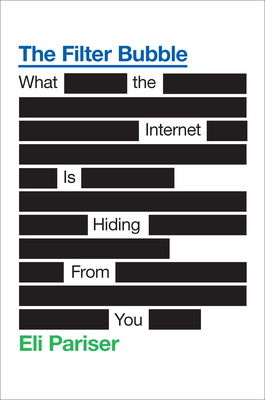For all of you that were able to catch the Super Bowl this year, you probably saw this commercial. For those that did not, I'll give a brief explanation. During one of the commercial breaks, there was a commercial for Bud Light Platinum in which "Levels" by Avicii is playing and you see people dressed up in an office building drinking Bud Light Platinum. There is a voice talking about how "they" say that you can't mix business with pleasure. Basically, the purpose of the ad is to prove that you can mix those two things.
Rhetorically, the ad seems to focus on ethos and pathos. With regard to ethos, the voice of the man is very calm and confident in what he is saying. This helps make the voice seem believable. His voice almost reminds of the "epic" voice you hear in the beginning of movies. With regard to pathos, I'm sure everyone has wanted to make seemingly boring jobs, projects, or something along those lines more pleasurable and exciting. However, this goes does not really conform to what is expected of you in situations like those. Therefore, seeing these people having a good time, drinking, and listening to a DJ play Avicii may strike our emotions. We may feel envious of the people in the commercial and want to go out and buy Bud Light Platinum to have the chance at having the same enjoyment.
Bud Light also had another commercial for Bud Light Platinum which was, for lack of a better word, cool in my opinion. However, in terms of reaching a wider demographic, I think the commercial that I have previously discussed is much better. The "cool" commercial showed a very high tech looking factory producing Bud Light Platinum. While I was intrigued by the commercial and I kind of wanted to try the new beverage after seeing it, I feel like factories and technical things appeal more to guys than they do girls. I think many girls would see this and have no real connection at first.
All in all, I think the Bud Light Platinum commercials were pretty entertaining and they did create an appeal to try the drink. The commercials reminded me of a quote from Talladega Nights: "Cause it says like, I wanna be formal, but I'm here to party too." Though this quote is referencing Cal Naughton Jr.'s preference for Jesus to wear a tuxedo t-shirt, I think it can apply to Bud Light Platinum as well.










